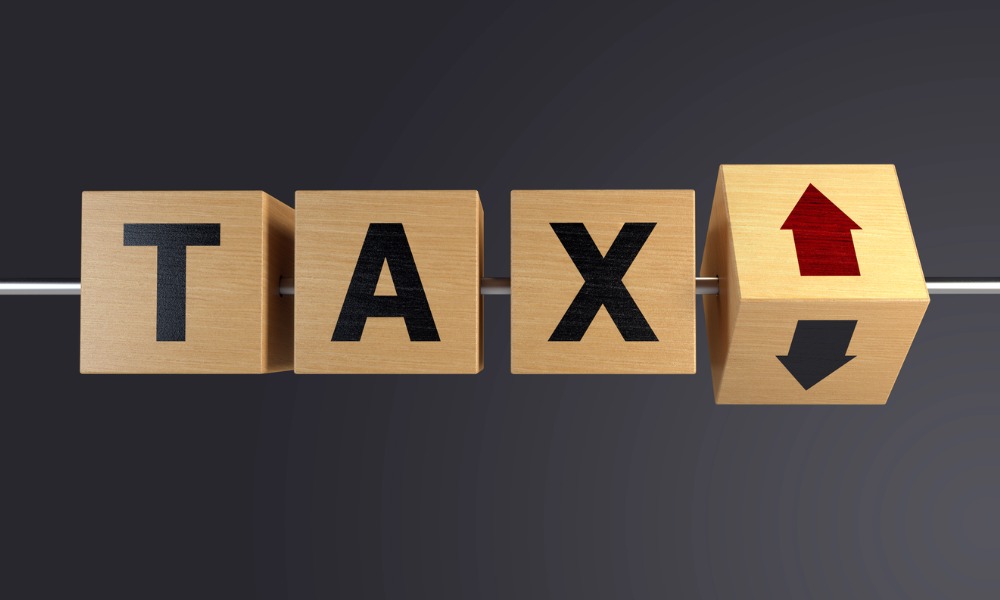Increase on the horizon as Liberals to begin legislative process

Prime Minister Justin Trudeau’s government will call for a vote this week on a planned increase in the capital-gains tax inclusion rate, which would raise billions in additional revenue.
Finance Minister Chrystia Freeland confirmed that a parliamentary motion would be introduced on Monday, laying the groundwork for the tax hike.
“This change will ensure that a small number of Canadians contribute a bit more,” Freeland said during a speech in Toronto. She emphasized that the motion would follow the “broad outlines” announced in April, with the new rates taking effect from June 25.
Currently, roughly 50% of capital gains are subject to tax. The proposed increase would raise this rate to 66.7% for both corporate and personal gains exceeding $250,000 annually. However, certain exemptions and reduced rates would continue for owners of small businesses, farms, and fishing operations.
The anticipated motion is a response to calls for greater tax fairness but has sparked backlash from various sectors, including venture capitalists, startup founders, and junior mining companies. These groups are concerned about the potential impact on investment and economic growth.
Although the main components of the tax hike will be outlined in the motion, detailed legislation covering all aspects of the capital gains changes is not expected to be ready for several weeks. Government officials indicated that the complete bill, including specific provisions for venture capitalists and mining companies, might be delayed until after the summer.
One key element still pending is the Canadian Entrepreneur’s Incentive. This program, introduced in Freeland’s budget, proposes a reduced inclusion rate of 33.3% on up to $2 million in eligible capital gains for certain company founders. Adjustments to this program could be included in the forthcoming legislation.
Junior mining companies are particularly anxious about potential changes to tax credits designed to support exploration activities for critical minerals like copper, nickel, and lithium. These companies argue that the increased capital gains rate could diminish the value of these credits.
With the House of Commons set to recess for the summer on June 21, the full details of the tax bill are likely to be formally introduced in September. In the meantime, the finance department may publish draft legislation over the summer, providing more clarity on the upcoming changes.
The business community has voiced significant concerns about the proposed tax increase, arguing it could deter investment and worsen Canada’s productivity challenges. Prime Minister Trudeau has defended the measure as a way to ensure wealthier Canadians contribute more to the public coffers.
Read more: What impact will Canada's new capital gains tax hike have?
“This tax change is about fairness,” Trudeau said last month. “We’re asking those who have benefited the most to contribute more to our society.”
Freeland’s budget estimates that the capital gains tax increase will raise nearly $20 billion in new revenue over the next five years. This estimate assumes that some investors will sell off assets before the new rate takes effect on June 24, the last day to benefit from the current lower tax rate.
Conservative Leader Pierre Poilievre has not yet announced how his party will vote on the proposed changes, leaving the outcome of the upcoming vote uncertain.
Make sure to get all the latest news to your inbox on Canada’s mortgage and housing markets by signing up for our free daily newsletter here.



